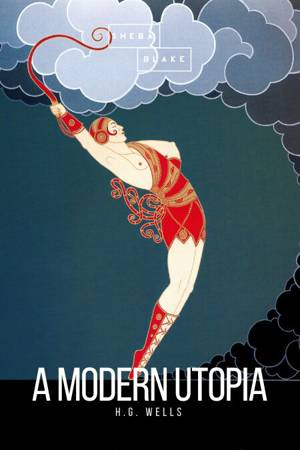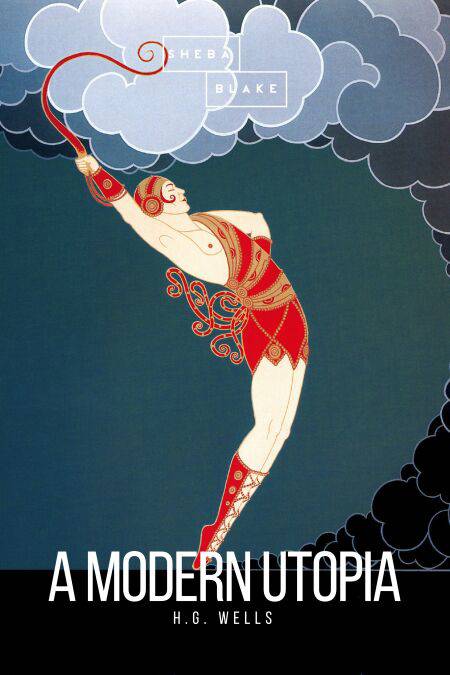
- Retrait en 2 heures
- Assortiment impressionnant
- Paiement sécurisé
- Toujours un magasin près de chez vous
- Retrait gratuit dans votre magasin Club
- 7.000.0000 titres dans notre catalogue
- Payer en toute sécurité
- Toujours un magasin près de chez vous
Description
A Modern Utopia is a novel by H. G. Wells. Because of the complexity and sophistication of its narrative structure A Modern Utopia has been called "not so much a modern as a postmodern utopia." The novel is best known for its notion that a voluntary order of nobility known as the Samurai could effectively rule a "kinetic and not static" world state so as to solve "the problem of combining progress with political stability." To this planet "out beyond Sirius" the Owner of the Voice and the botanist are translated, imaginatively, "in the twinkling of an eye . . . We should scarcely note the change. Not a cloud would have gone from the sky." Their point of entry is on the slopes of the Piz Lucendro in the Swiss Alps. The adventures of these two characters are traced through eleven chapters. Little by little they discover how Utopia is organized. It is a world with "no positive compulsions at all . . . for the adult Utopian.unless they fall upon him as penalties incurred." The Owner of the Voice and the botanist are soon required to account for their presence. When their thumbprints are checked against records in "the central index housed in a vast series of buildings at or near Paris," both discover they have doubles in Utopia. They journey to London to meet them, and the Owner of the Voice's double is a member of the Samurai, a voluntary order of nobility that rules Utopia. "These samurai form the real body of the State." Running through the novel as a foil to the main narrative is the botanist's obsession with an unhappy love affair back on Earth. The Owner of the Voice is annoyed at this undignified and unworthy insertion of earthly affairs in Utopia, but when the botanist meets the double of his beloved in Utopia the violence of his reaction bursts the imaginative bubble that has sustained the narrative and the two men find themselves back in early-twentieth-century London.
Spécifications
Parties prenantes
- Auteur(s) :
- Editeur:
Contenu
- Nombre de pages :
- 199
- Langue:
- Anglais
Caractéristiques
- EAN:
- 9783961890569
- Date de parution :
- 05-04-17
- Format:
- Ebook
- Protection digitale:
- /
- Format numérique:
- ePub

Seulement chez Librairie Club
+ 2 points sur votre carte client de Librairie Club
Les avis
Nous publions uniquement les avis qui respectent les conditions requises. Consultez nos conditions pour les avis.





